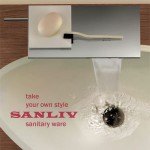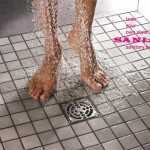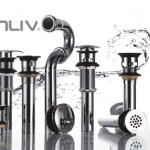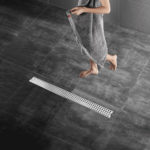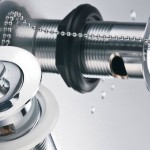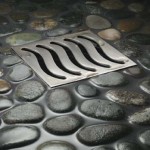Useful Kitchen and Bathroom Drain Plumbing Cleaning Service Tips. If you look around your house, there are a variety of different drains that need to be kept clean so that they work properly. Your professional plumber service has the training and tools to handle any kind of drain cleaning challenge, 含む:
Kitchen drains. Grease, soap and food waste can take their toll, making your drains clog and run more slowly over time.
Shower/tub drains. Water should drain immediately when you’re showering and in just a few minutes after a bath. If it’s draining slowly, your tub or shower trap and drainpipe is probably clogged with soap and hair.
Bathroom sink drains. Slow draining and clogging are often a result of toothpaste, soap and grime. If you lose a piece of jewelry down the sink drain, don’t run any more water. Call your local plumber service professional, who should be able to retrieve the lost item without too much difficulty.
Toilet drains. A clogged toilet is often caused by attempting to flush facial tissue, baby wipes or other products that don’t disintegrate the way toilet paper does. And if you have kids, you may have a toy or sock in the works. 幸いなことに, there’s a special plumbing tool that can cut through any obstruction while hugging the inside wall of the pipe, giving your toilet drain a thorough cleaning at the same time.
Floor drains. Basements, laundry rooms, garages, patios, driveways and even older bathrooms often have a drain to carry away water and prevent flooding. Usually they are equipped with a trap that should be filled with water to prevent odors and sewer gas from escaping.
Main sewer lines. All your household drains lead into your main sewer line, which connects to a city sewer line or septic tank. The clogging culprit here is usually water-seeking roots that can actually break through the line and clog the drain. See our Sewer Repair section to learn more about this problem.
Preventive Tips and Tricks After Drain Cleaning Service
Once you have had plumbing drain cleaning services, there are some preventive maintenance tricks you can try to prevent future clogs and drain issues:
- Install hair traps in your showers and sinks.
- Use a food-grade filter in your kitchen sink to prevent debris from washing down the non-disposal drain.
- Switch to thin, non-quilted toilet paper to avoid clumping in the sewer line.
- Use a monthly BioChoiceES® drain cleaning treatment for all drains.
- Clean all hair, food and grease traps regularly
Preventive maintenance helps reduce your need for drain cleaning machines or services, reduces odors and extends the life of your drain system. You will notice faster draining time, more efficient garbage disposal in the kitchen sink, and reduced toilet clogging.

